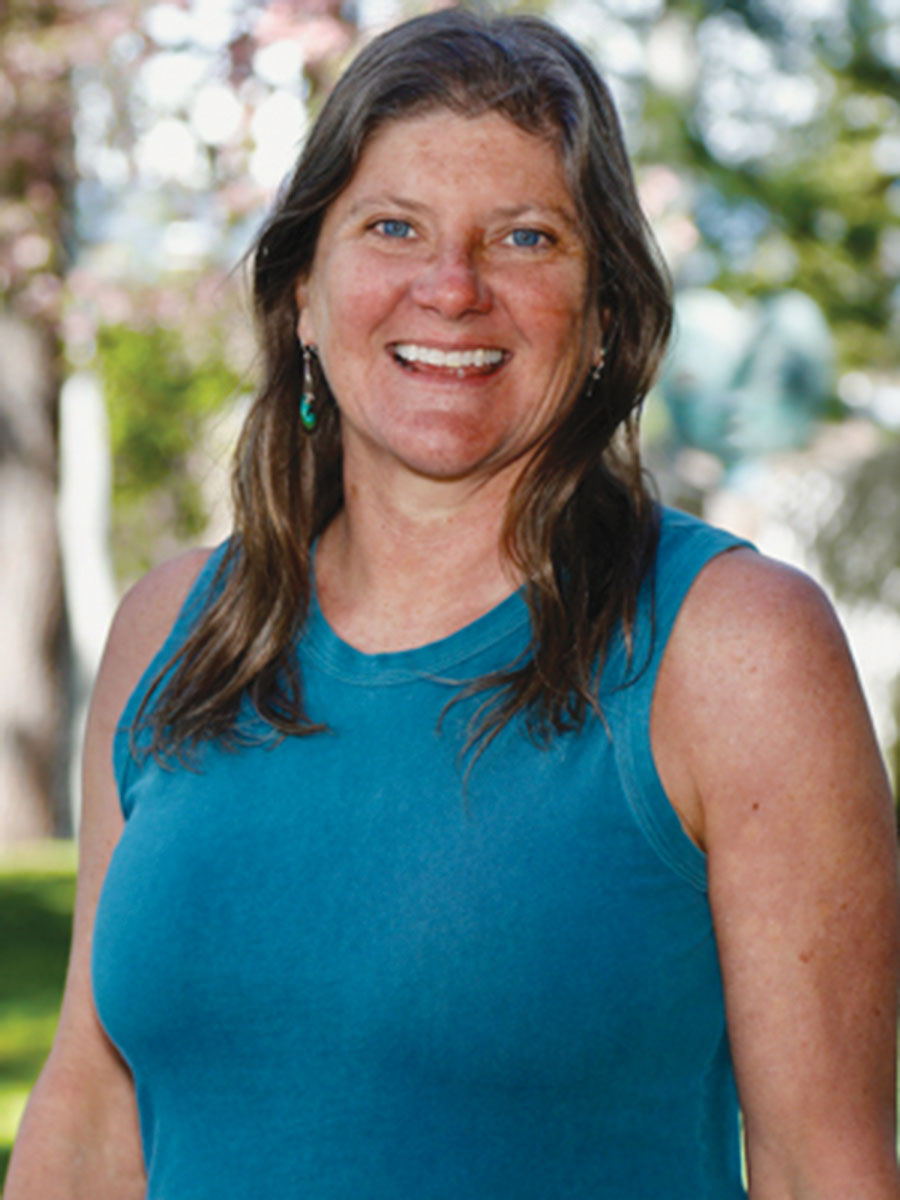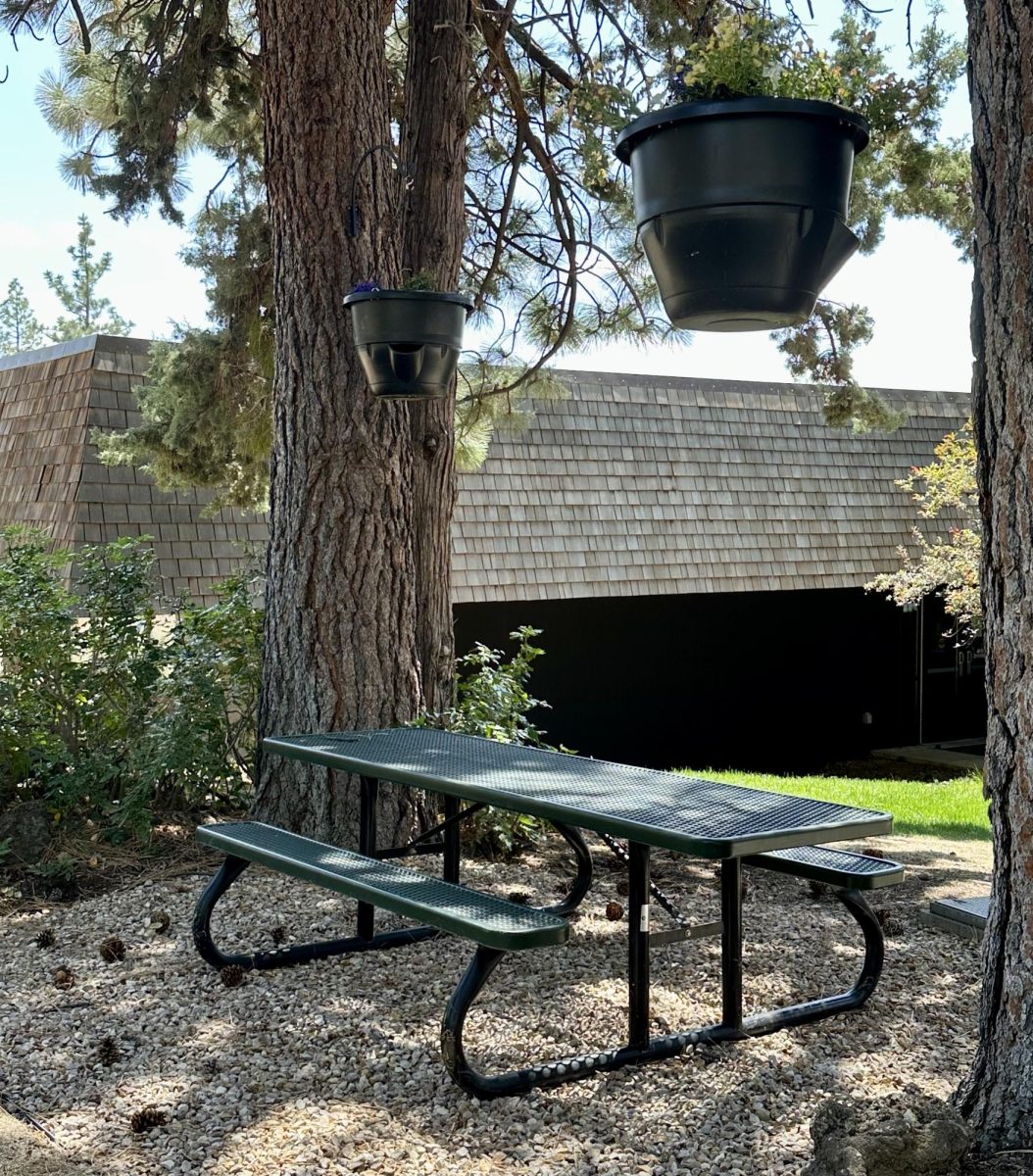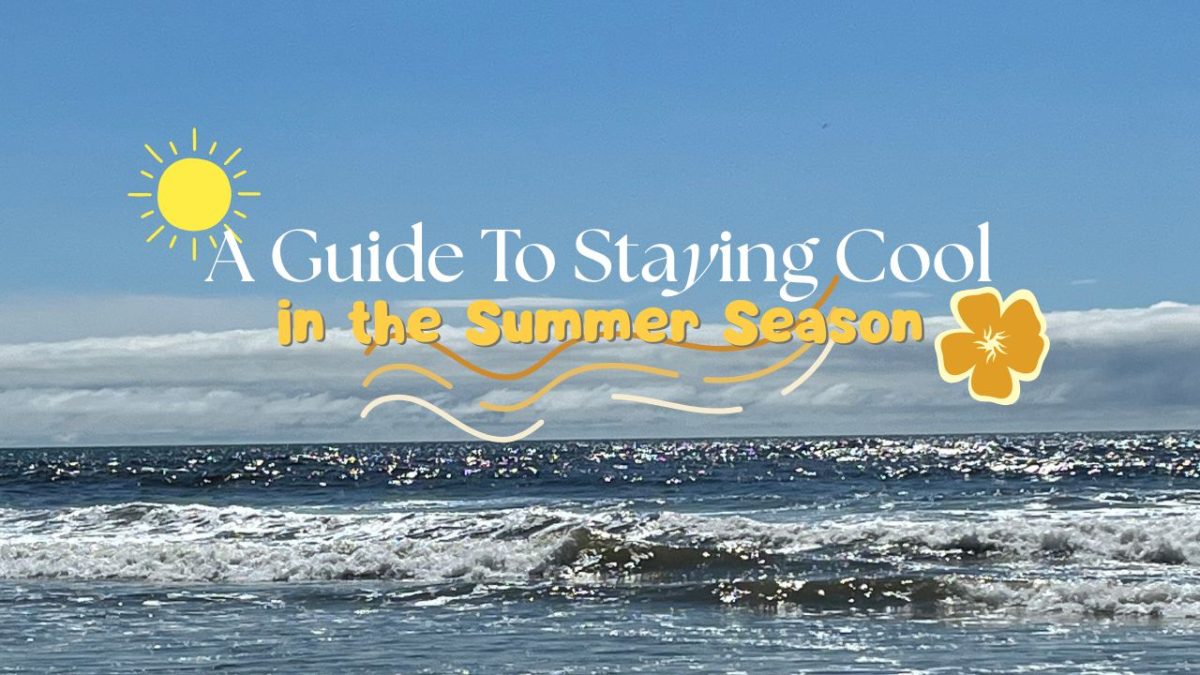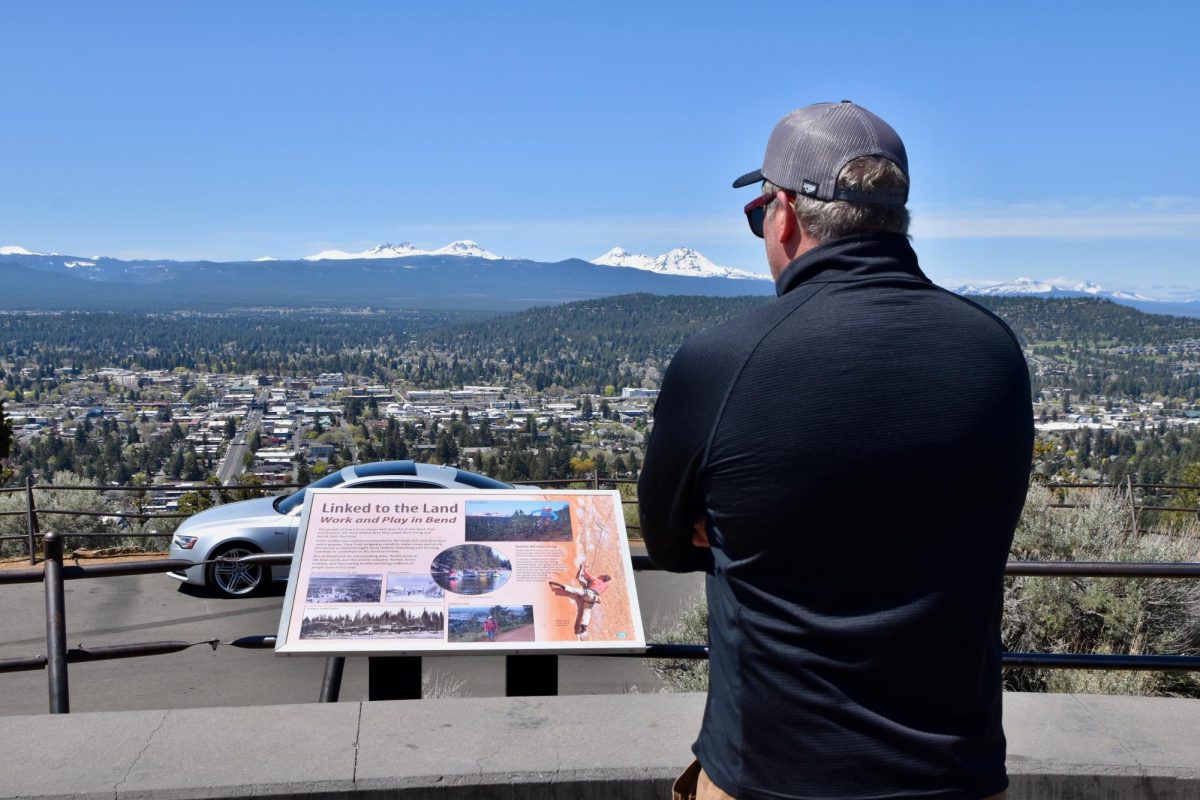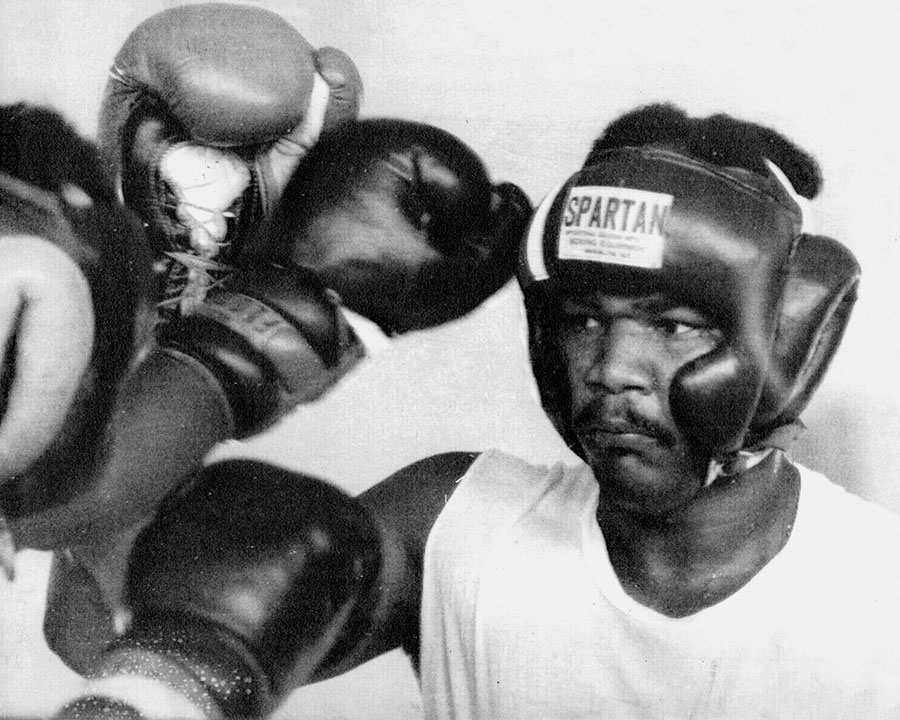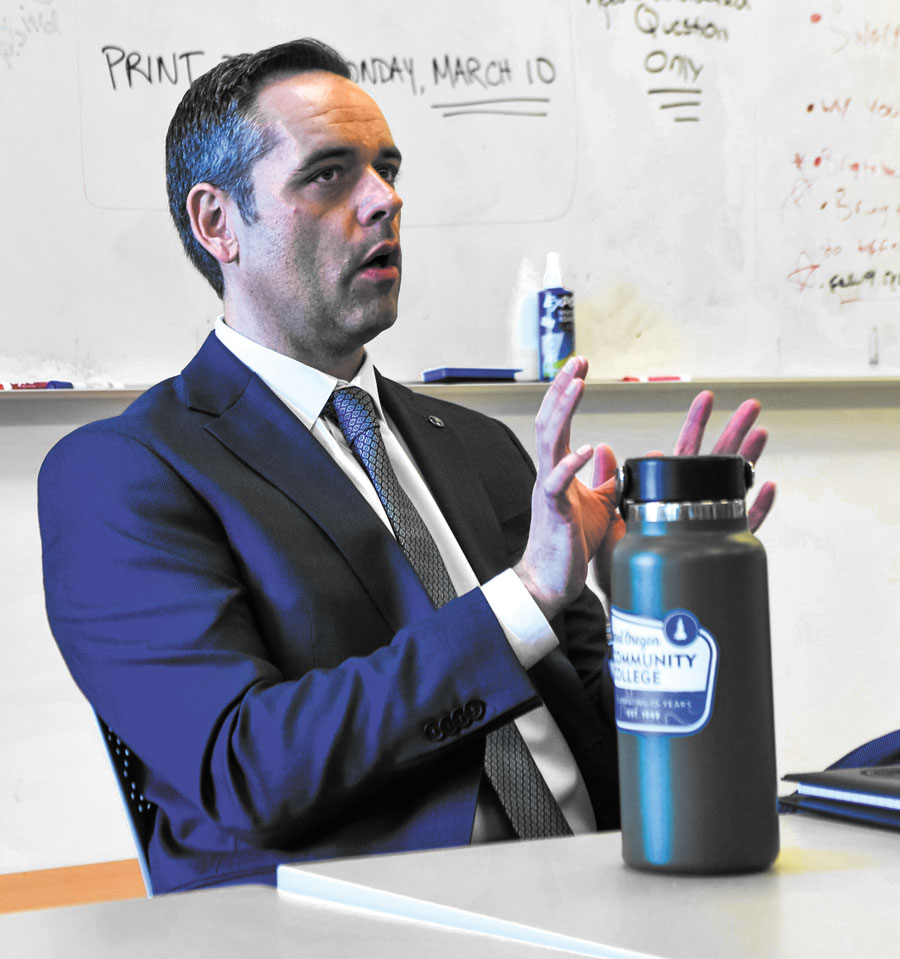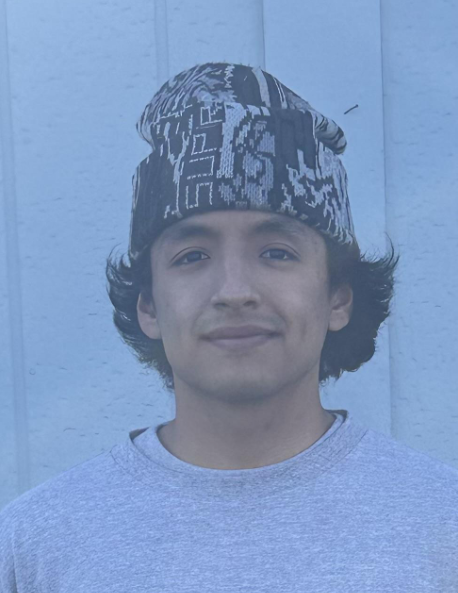At Central Oregon Community College, the day begins early for Jennifer Cruickshank, health and performance professor. By 8 a.m., while many students are still waking up, her classroom is already active — filled with energy, movement and focused engagement. Cruikshank, who blends the roles of educator, coach and wellness advocate, is at the center of this classroom.
To many students and staff at COCC, Cruickshank is more than an instructor. She is a consistent source of support and guidance.
“She’s been very helpful—like in class and outside of class. When I didn’t understand something, I could just talk to her. She’s always available,” said Irving Daniels, a first-year student in the Community Health certificate program at COCC.
Daniels said Cruickshank‘s teaching extends beyond academic concepts.
“I learned about how to not put too much energy in one area and lack in others. That’s something I use every day,” he said.
Cruickshank’s teaching philosophy integrates personal development and self-awareness alongside curriculum objectives, preparing students for challenges both in and out of the classroom.
“I always focus on a student-centered approach, hoping to empower confidence and self-efficacy (the belief you can and will make change). Watching and feeling someone believe in themselves is so amazing! I get to do this in the classroom, how cool is that?” said Cruickshank.
Cruickshank’s path to education was not straightforward. She began her undergraduate studies at Colorado State University with the intention of becoming a veterinarian. After not being accepted to veterinary school, she switched her major to exercise science and cardiac rehabilitation.
Her shift into cardiac rehabilitation marked the start of a career in health education. She relocated to Bend in 2004 to join the cardiac team at St. Charles hospital.
“I was programming people with heart disease, teaching them about nutrition and stress management. I fell in love with the dialogue — that was coaching psychology. I just didn’t know it had a name yet,” she said.
Following changes to the cardiac rehab program, Cruickshank transitioned to teaching full time. She initially ran COCC’s physiology lab before stepping into the classroom, where she has remained ever since. Her central objective has been consistent: helping others discover what motivates them.
“I’m not your typical professor,” she said. “I’m a motivator and facilitator … I’m always encouraging role modeling amongst my students and my peers, we’re always modeling, no matter where we are, all the time. So I definitely do my best to walk the talk.”
Cruickshank’s presence is marked by intention and authenticity.
“This is just me being me,” she said.
Whether teaching a course in community health or wellness coaching, she is fully engaged — emotionally available, focused, and committed to her students’ growth.
Paige williams, COCC CNA program student, shared how Cruikshanks class has had a positive effect on her life.
”A lot of insight, a lot of wisdom, a lot of personal experience and, She has a special way of having the class work… It’s like everybody’s differences come together in the same room and become a gift and it’s pretty cool like finding your inner light in her class”
Outside the classroom, Cruickshank navigates a complex and emotionally demanding personal life. For the past two years, she has made regular 14-hour round trips to Sacramento to care for her mother, who suffered a severe stroke. A professional artist, her mother has had to relearn how to paint using her left hand after losing the use of her right side of her body.
“She sold 11 paintings recently,” Cruickshank said. “She’s still motivated. She’s still working on her health. That motivates me.”
Despite the demands of caregiving, she remains committed to maintaining a steady presence for her students.
“The classroom is invigorating,” she said. “I walk in and see their faces, and I’m like — let’s make today awesome.”
Cruickshank shares personal challenges openly with students, including the stroke that impacted her mother, the loss of her dogs, and the ongoing pressure of managing multiple roles. Her openness creates a connection that students respond to.
To Cruickshank, health education encompasses more than physical fitness or anatomy.
“We talk about screen time, social media, and AI in a good way (to increase knowledge), everything. My goal is to help students understand themselves — not just their bodies but their minds, their goals,” she said.
Through shared stories, experiential learning and a focus on curiosity, she fosters an environment of trust and mutual respect.
Cruickshank is currently developing a formal coaching certificate program at COCC, a goal she has worked toward for years.
“Coaching is for everyone. It’s preventative medicine, and we need that now more than ever,” she said.
She maintains her own wellness through structured self-care — including regular walks, music therapy, and humor shared with close friends.
“I send silly audios or memes every day. Smiling changes your body chemistry. That’s science,” she said.
Cruickshank’s influence extends beyond the walls of her classroom. Her work reflects a broader commitment to resilience, well-being and confidence. For some COCC students, the most enduring lesson she offers isn’t found in a textbook — it’s the belief that they matter.


